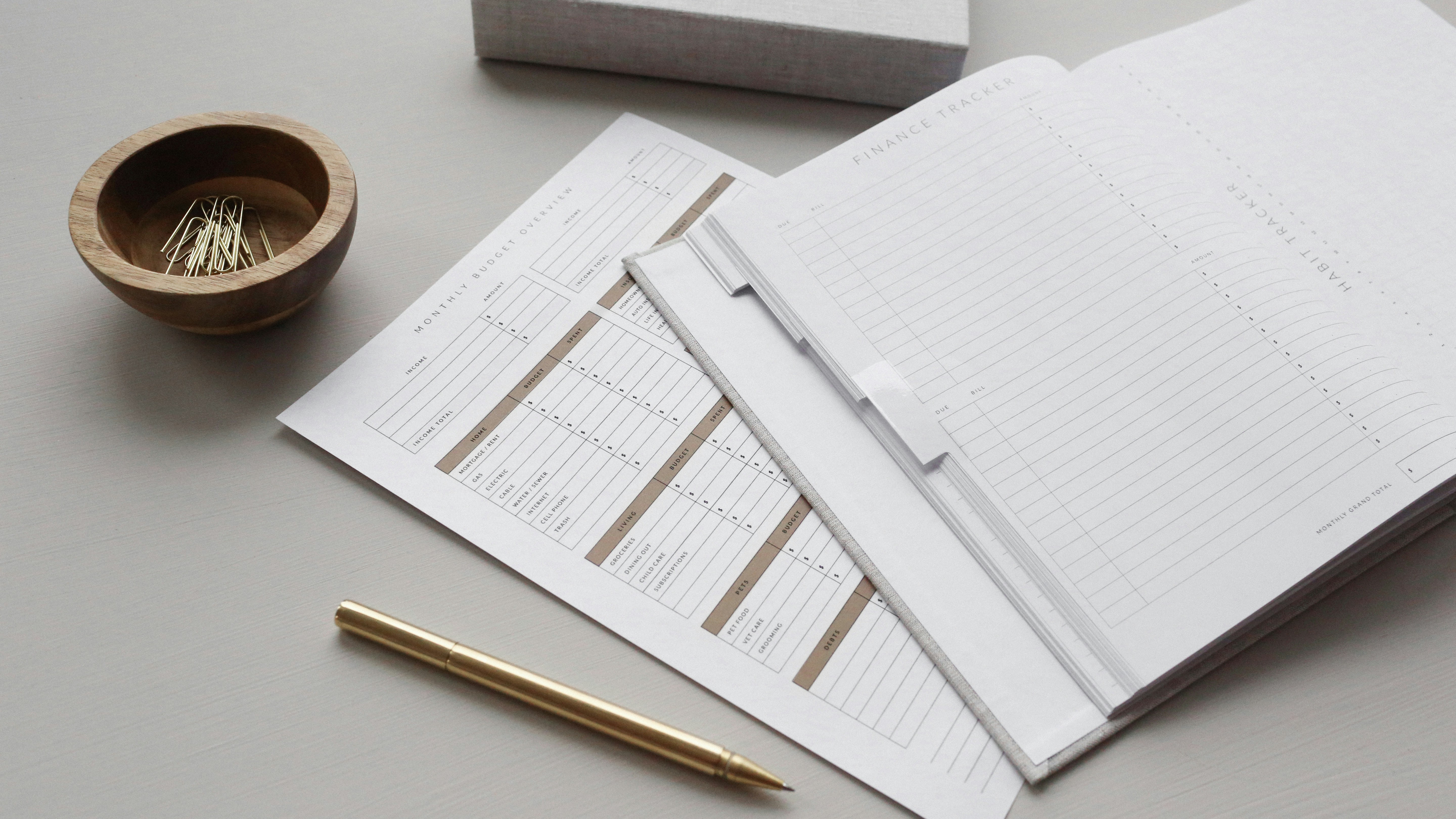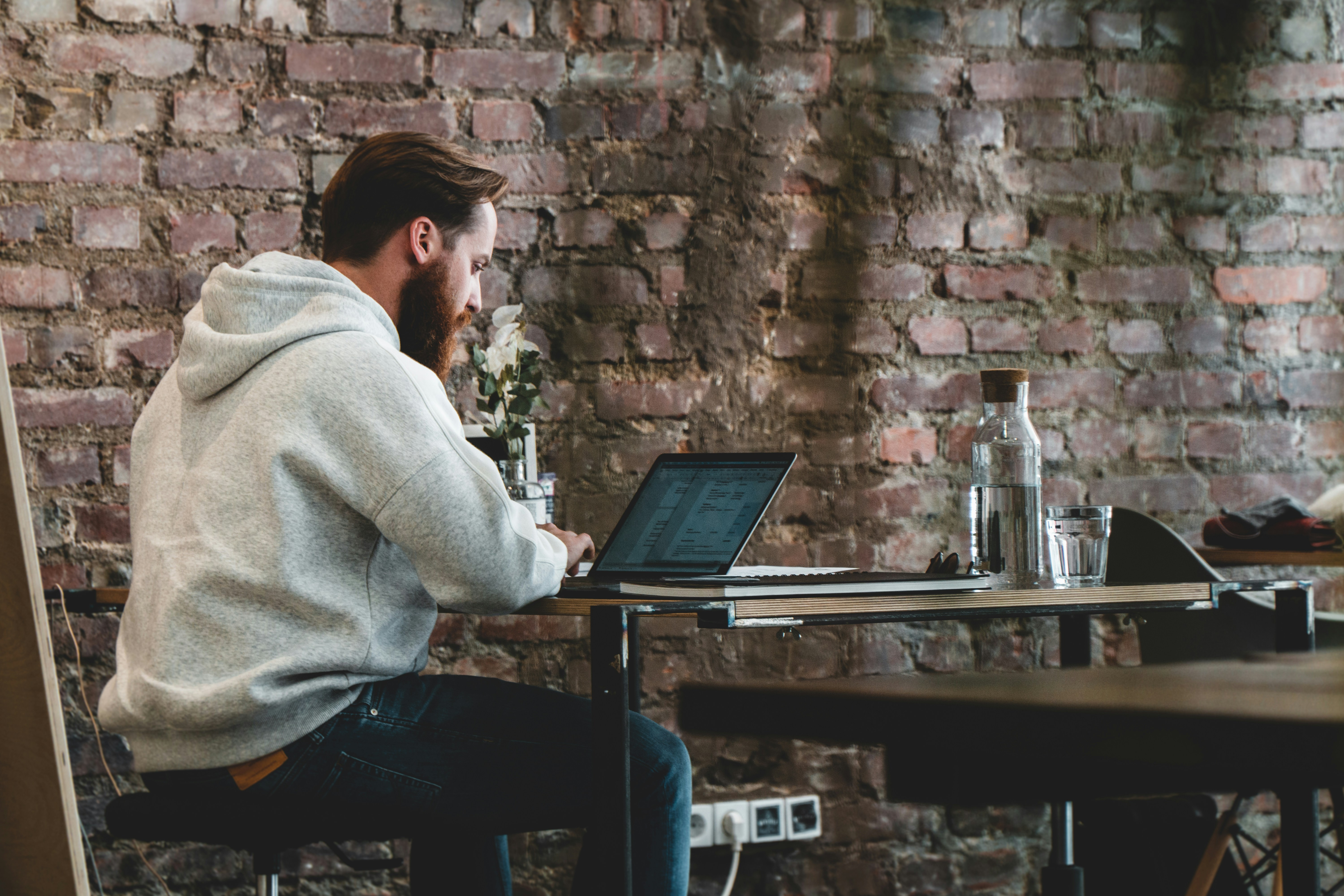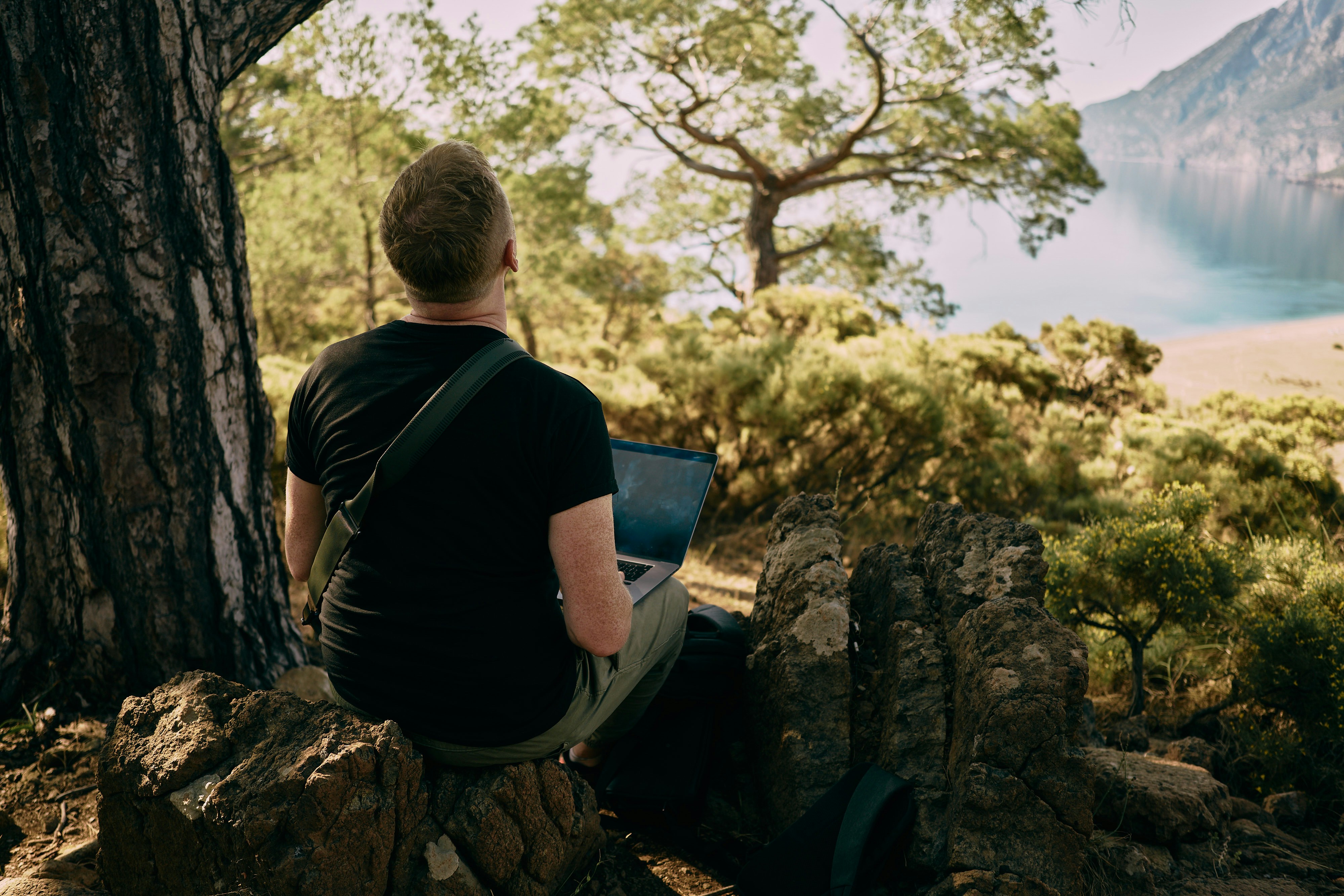Returning to “normal” life after being a digital nomad

Returning to “normal” life after being a digital nomad
The COVID-19 pandemic provided a unique opportunity for people to try out the digital nomad lifestyle. The vast majority of jobs that could be done remotely were required to do so to reduce person-to-person contact throughout the pandemic. There were a few select countries like Mexico and Costa Rica that remained open throughout the pandemic. Since they are in the same timezone as the United States many people took advantage of that and headed south to warmer weather. We saw a lot of remote workers try out the digital nomad lifestyle, but it can be tiring and stressful not having stability. Some of these nomads have reached a point where they do not want the lifestyle anymore, at least not 100% of the time. But going back to “normal” again can be tough.
As a digital nomad, you are used to the freedom and new experiences that come with the day-to-day, and your worries and concerns are vastly different from living a more traditional lifestyle. Settling back into life in one place can feel strange, but there are ways to make this transition easier. This article will give you tips for returning to normal life after being a digital nomad.
Think about your budget
One of the most common misconceptions about the digital nomad lifestyle is that it costs significantly more than living in one place and putting down roots. People often ask us “how can you afford to travel so much?” The reality is that digital nomads are often spending significantly less than having a permanent base in their home country, which is why the lifestyle is so enticing to so many.

The digital nomad lifestyle allows you to live in countries with a low cost of living, but in the United States, you might need $2000 or more per month for rent. Digital nomads are generally minimalists as they can only take as much as they carry, but it is easy to start shopping for things you probably don’t need as soon as you have a home base to store things.
Your bills will naturally increase as you need to think about Wi-Fi, electricity, water, gas, car payment and insurance, cable, and more. Before making the decision to go back to a normal life, consider your budget and make sure you have a buffer so you do not have any unexpected surprises when expenses start coming up.

Our Community Drives it all
Join the community of remoters!
Enjoy the things you couldn’t as a nomad
Although the nomad life has a lot of perks, there are a lot of things that you cannot enjoy while being a digital nomad. You cannot have a garden and grow your own fruits or vegetables. You might not have had the opportunity to have a pet, so you could get a furry friend to keep you company. Hobbies that require equipment like playing music, snowboarding/skiing, or even cooking are much more accessible once you have a place to keep your gear.

Having a stable and secure lifestyle means you likely know where your next paycheck is coming from and what bills are coming your way, so you can adequately budget to make sure you are incorporating hobbies in your day to day. Having hobbies keeps things interesting and provides a way for you to continue to learn and grow as a person, which is a big component of the nomad lifestyle that you might start missing when you go back to “normal.”
Build a local community
It can be hard building a community when returning back to normality after a life on the road. You might not feel like you can relate to people that have never lived the lifestyle. People who have never been nomads might not understand why you did it in the first place or what you gained from it. Try to be open minded and remember that everyone brings something unique to the table. Since you are not moving around so much, you can invest in friendships that will be more long-term. Do not write people off immediately if you do not think you have much in common. Oftentimes, under the surface, people are more alike than we think.

To build a community, you can go to events for people in your area. Just the same as you would scout out events when you are a nomad, see what is happening in your new city and try to attend as much as you can. Once you have met a few people, start building your group of friends by hosting dinner parties or other get-togethers to solidify those bonds.
Host/hang out with digital nomads
Even if you are not currently a digital nomad, you can still be involved in the community. You likely still have a lot in common with current nomads, so you can host travelers by signing up for Couchsurfing or you can go to local nomad events. You might still be working remotely, so work from coworking spaces a few days a week to connect with others who may just be passing through. Depending on what city you are settling down in, you can still meet lots of people from different countries and cultures who understand your life and think just like you.
Be prepared for things to feel “different”
“Normal life” is going to look a lot different than it was before you were a nomad. Do not expect to feel the same or act the same as you once did. While you may have been content with a stable and secure life before your travels, normality can seem a bit boring and monotonous at times after having so much freedom. There are certainly pros and cons to each lifestyle, so focus on the pros like stable internet, a comfy bed, privacy, less stress, getting to decorate an apartment, or being closer to family.

You are still going to feel that travel bug. That will likely never go away, and that is okay. There are plenty of opportunities to travel even when you are not living a location independent lifestyle.
Don’t compare yourself to others
No matter how long you have been a digital nomad, whenever you return to a more traditional life, it may seem that others your age are much farther ahead of you. Your friends or colleagues might have a house, kids, cars, or opportunities that you do not have just yet. However, you cannot compare yourself to these people because you have experiences, which make you just as rich.
While they were getting all those things that you might now envy, you were living a life that they probably envied, so do not waste your time comparing yourself to others. Each person is at their own point in their journey. Find gratitude in the amazing things you have accomplished in your digital nomad life and start making goals to accomplish new ones in this transition to a different lifestyle.
Is it possible to truly return to “normal” life after being a digital nomad?
This is a tricky question. Yes, it is certainly possible to return to normal life after being a digital nomad, but that life will look a lot different. The digital nomad lifestyle teaches you more than you realize, like thinking on your feet, problem solving, learning new languages, how to interact with all different kinds of people, and how to be resourceful. When you return to “normal” life, you bring all of these things with you and will likely have a completely different outlook on life than you did before.
You might be considering returning to normal life to be closer to family, to start settling down, because a job requires it, or just because you need a break. Whatever the reason, be easy on yourself, as any big transition just takes time. If you are deciding to return to “normal” life in a country outside of the United States, check out our country by country guide on visas to see how you can live somewhere longterm.
Author
Tim Marting is an entrepreneur and co-founder of Citizen Remote a site for remote workers and digital nomads. Although from the US, Tim currently lives in Spain, and has been a world citizen for the last 5 years, living in 3 different countries. He had other long-term stops in Australia, Italy, Indonesia, Thailand and the UK. His life goal is “to enable border-less travel and border-less relations for the rest of this beautiful world.